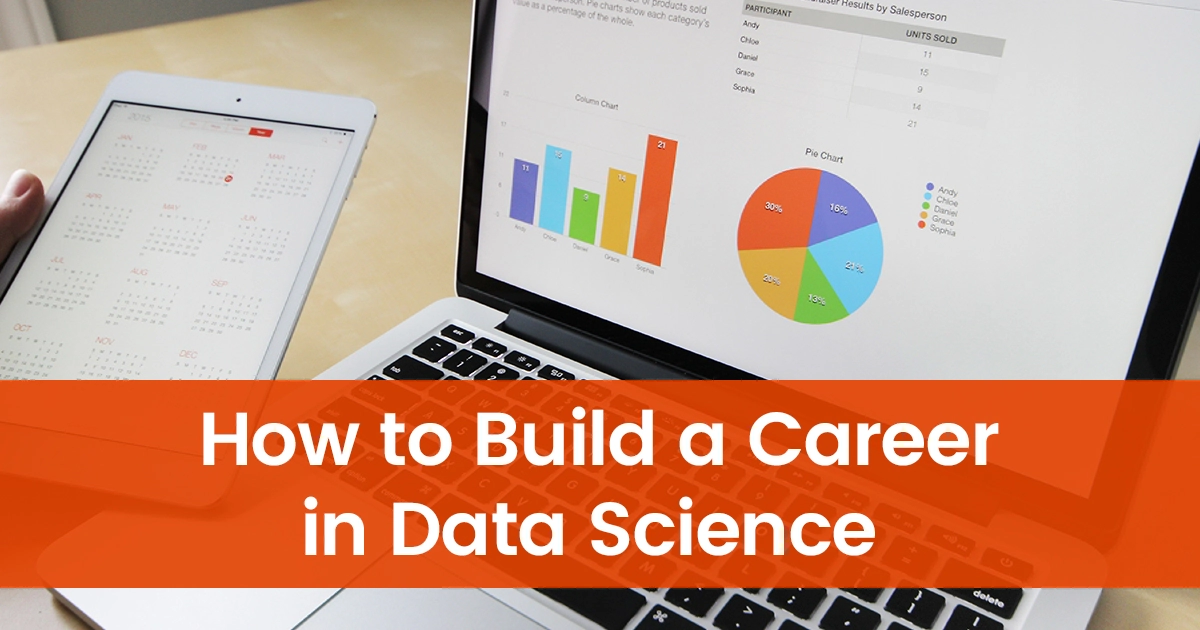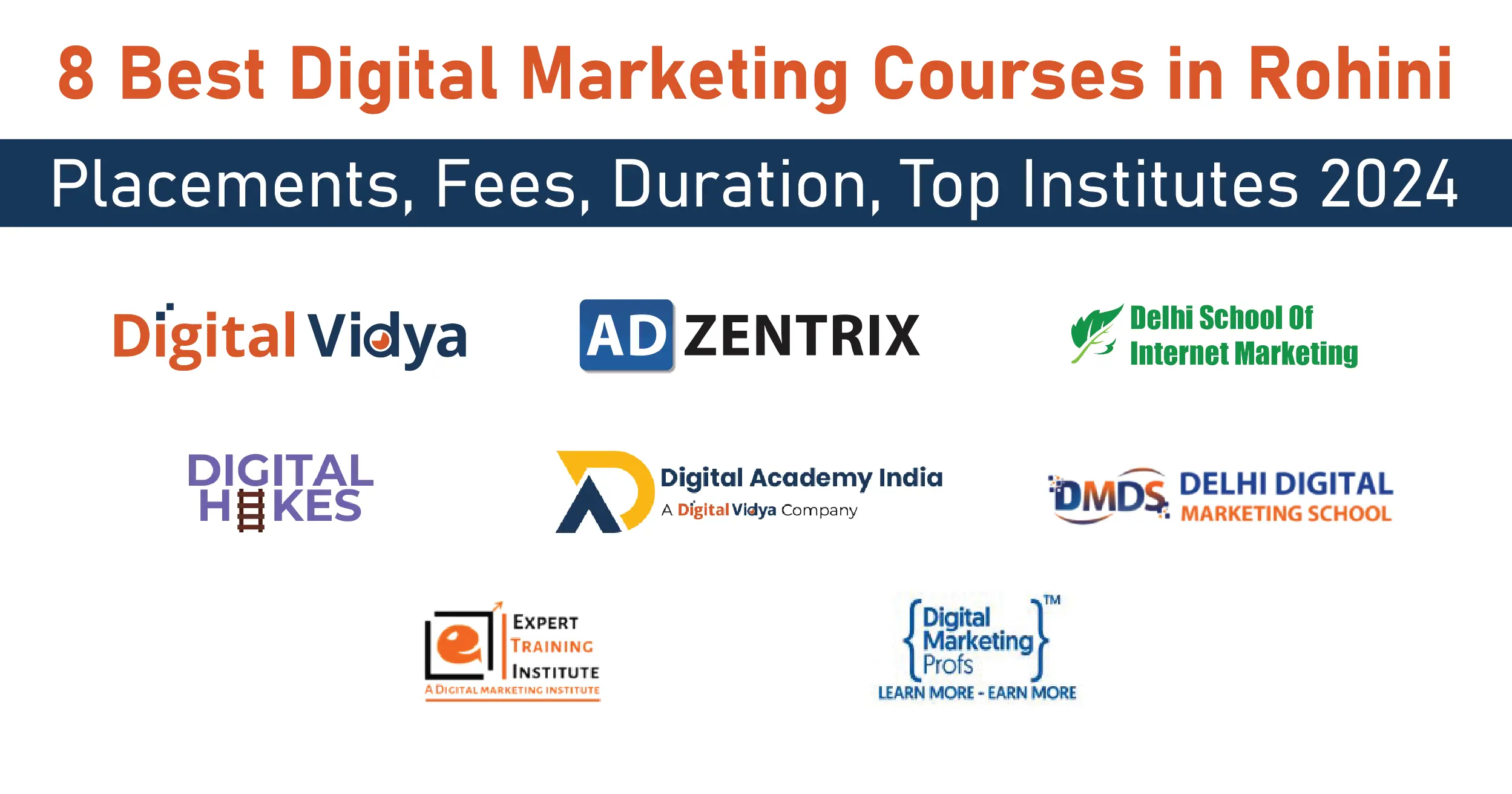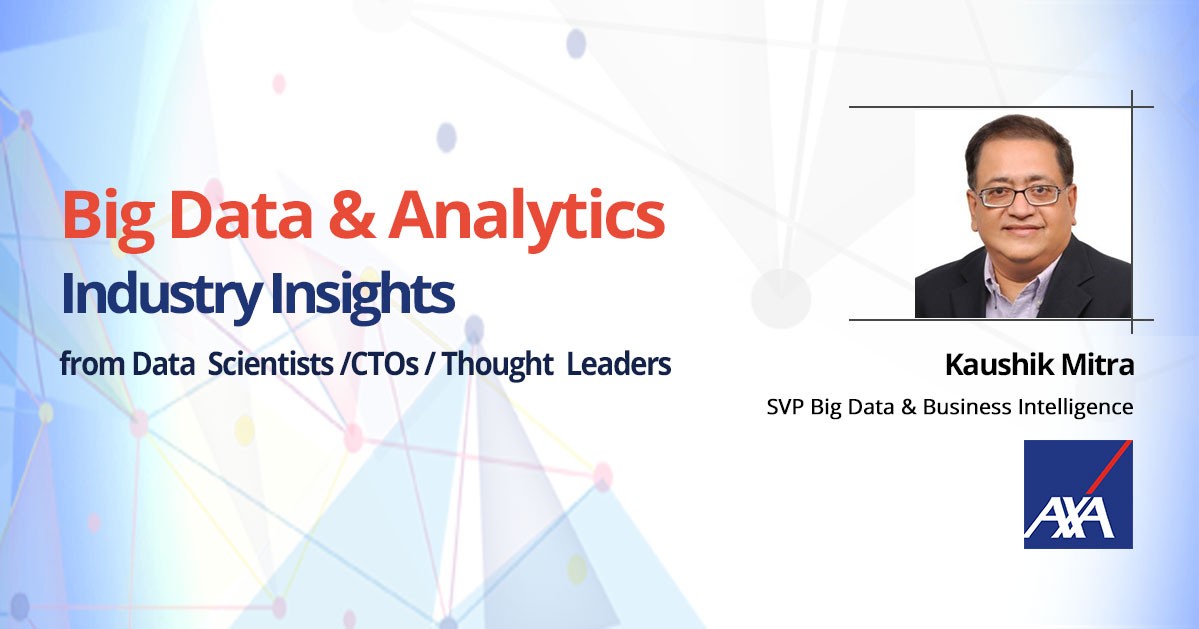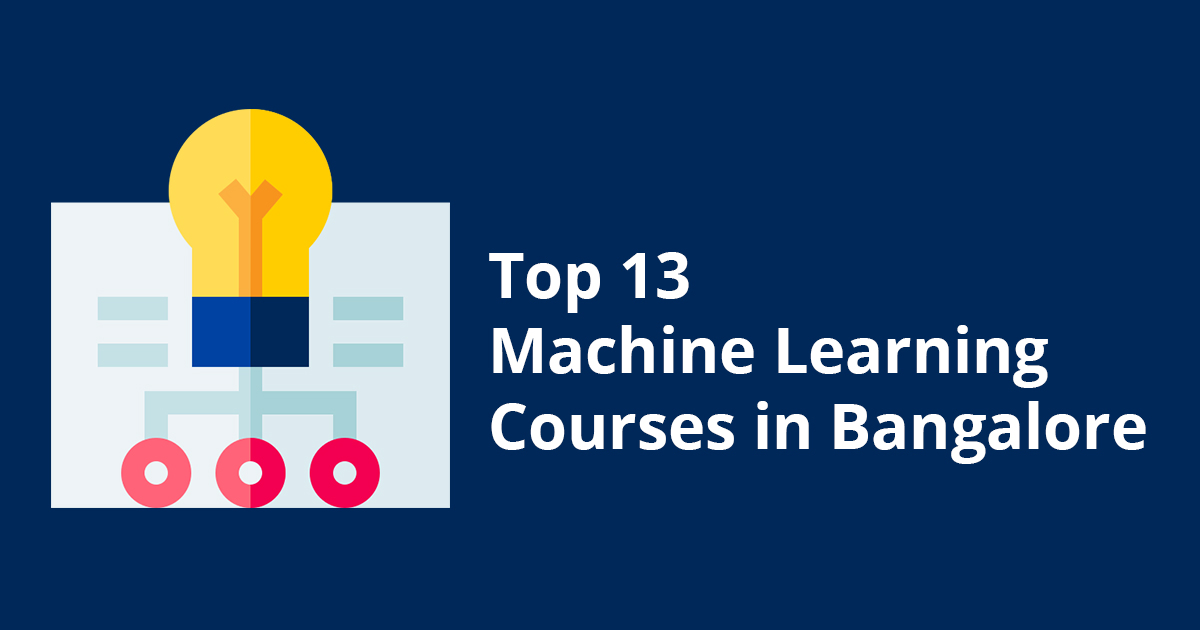It’s hard to think of something that has nothing to do with data and information. Experts predict that 40 zettabytes of data will be in existence by 2020. Consequently, a career in data science will present opportunities that will shoot through the roof!
A report by Glassdoor, a website where current and former employees anonymously review companies, shows that the average salary for a data scientist is an impressive $91,470.
Entrepreneur and venture capitalist Vinod Khosla predicts that,
“In the next ten years, data science and software will do more for medicine than all of the biological sciences together.”
Let’s take a close look at some fundamentals and then understand ways to kick off a career in data science.
What is Data Science?
Data science is a multidisciplinary field that studies the flow of information from the colossal amounts of structured and unstructured data present in an organization’s repository through scientific methods, processes, algorithms, and systems.
Download Detailed Brochure and Get Complimentary access to Live Online Demo Class with Industry Expert.
Who is a Data Scientist?
The term ‘data scientist’ was coined in the year 2008 when companies realized the need for data professionals who are skilled in organizing and analyzing massive amounts of data.
Google’s chief economist Hal Varian says,
“The ability to take data — to be able to understand it, to process it, to extract value from it, to visualize it, to communicate it — that’s going to be a hugely important skill in the next decades.”
Effective data scientists collect data from a multitude of different data sources, organize the information, identify relevant questions, translate results into solutions, and present their findings in a way that positively affects business decisions.
Why Pursue a Career in Data Science?
Large tech companies are no longer the only ones in need of data scientists. LinkedIn listed a career in data science as one of the most promising professional paths in 2017 and 2018, along with multiple data-science-related skills as the most in-demand by companies.
According to Harvard Business Review,
“A data scientist is a high-ranking professional with the training and curiosity to make discoveries in the world of Big Data.”
The requirement for data scientists shows no sign of slowing down presently and in the years to come.
What Job Titles are Available in Data Science?
Data science experts are required in almost every employment sector, not just in technology. However, to establish a solid career in data science, advanced education is generally required.
A leading site on big data, KDnuggets reports,
“Data scientists are highly educated–88 percent have at least a master’s degree and 46 percent have PhDs–and while there are notable exceptions, a very strong educational background is usually required to develop the depth of knowledge necessary to be a data scientist.”
Given below are some of the leading data science careers you can break into with an advanced degree.
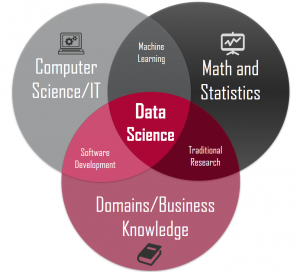
1. Data Analyst
Average Salary: $83,878
This is generally an entry-level position in the data science industry. A data analyst’s primary job is to look at an organization’s data and use it to answer business questions and communicate them effectively for implementation.
Skills such intermediate data science programming in either Python or R, intermediate SQL queries, data cleaning, data visualization, probability and statistics, and communicating complex data analysis clearly and understandable to people with no statistics or programming background can help you build a career in data science as a data analyst.
2. Data Scientist
Average Salary: $161,272
Data scientists and data analysts have similar job roles. However, data scientists also build machine learning models to make accurate predictions based on past data.
As a data scientist, you may be asked to assess how a change in marketing strategy could affect your company. To build a career in data science as a data scientist requires a concrete understanding of both supervised and unsupervised machine learning method, a strong comprehension of statistics and the ability to evaluate statistical models, advanced data science-related programming skills in Python or R, and familiarity with other tools like Apache Spark.
3. Data Engineer
Average Salary: $151,307
Data engineers handle a company’s data infrastructure. Their job requires relatively less statistical analysis and a lot more software development and programming skills. Data architects work with users, system designers, and developers to create blueprints that data management systems utilize to centralize, integrate, maintain, and protect data sources.
Advanced programming skills (probably in Python) for working with large datasets and building data pipelines, advanced SQL skills, and familiarity with a system like Postgres are generally the skills a data engineer needs to establish a career in data science.
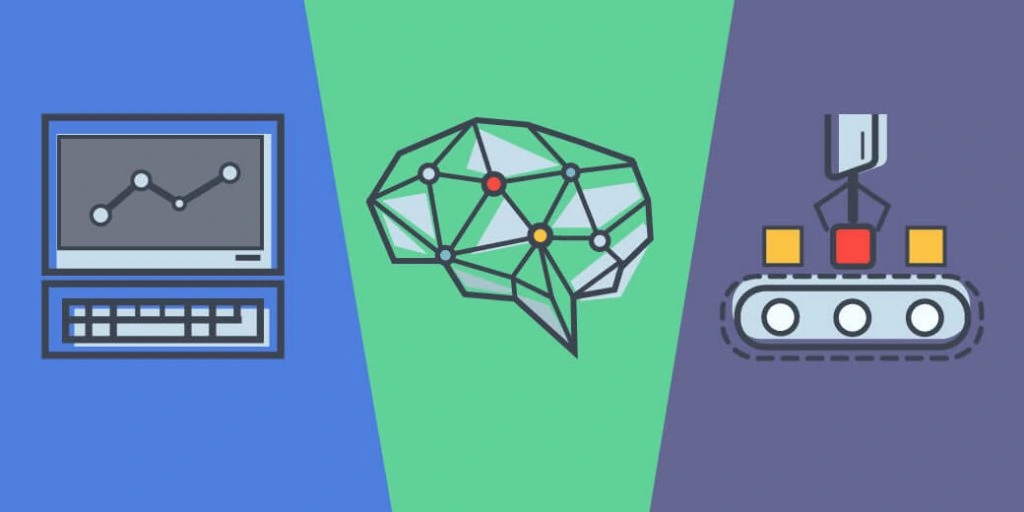
4. Machine Learning Engineer
Average Salary: $114,826
There is a huge amount of overlap between a machine learning engineer and a data scientist. At some organizations, this title represents a data scientist who specializes in machine learning. Whereas in other companies, a machine learning engineer is someone who has a software engineering role that involves taking a data scientist’s analysis and turning it into deployable software.
Though the specifics may vary, literally all machine learning engineers require data science programming skills and advanced knowledge of machine learning techniques to pave a solid career in data science.
5. Data Warehouse Architect
Average Salary: $136,151
Data warehousing is intrinsically a specialty or sub-field within data engineering for those who would like to be in charge of a company’s data storage systems.
However, a data warehouse architect is not hired solely based on his or her data science skills. SQL skills and data management knowledge are also necessary for this role and helps one forge ahead in a career in data science.
6. Quantitative Analyst
Average Salary: $142,049
Quantitative analysts require advanced statistical analyses to form predictions about finance and risk. Skills in data science programming and a solid knowledge of statistics are fundamental to the field.
Moreover, an understanding of machine learning models and how they can be applied to solve financial problems and predict markets is also essential to forging a successful career in data science as a quantitative analyst.
7. Business Intelligence Analyst
Average Salary: $89,333
Business intelligence analysts utilize data to figure out market and business trends, as well as develop a clearer picture of where the company stands. They are essentially data analysts who primarily focus on analyzing market and business trends.
Their job role requires familiarity with software-based data analysis tools (like Microsoft Power BI) and data science skills along with Python or R programming skills.
8. Statistician
Average Salary: $87,021
A statistician is what we called data scientists earlier. However, unlike data scientists, a statistician will not be expected to know how to build and train machine learning models.
A statistician is required to interpret, analyze, and report statistical information, such as formulas and data for business purposes. It necessitates a solid understanding of probability and statistics, as well as programming skills in a statistics-focused language like R.
9. Systems Analyst
Average Salary: $73,172
Systems analysts are required to identify organizational problems, and then plan and oversee the changes or new systems required to solve those problems. They need a good base in programming skills, data analysis, and statistical skills to identify problematic trends, as well as what’s working well and what isn’t within a company’s tech systems.
10. Marketing Analyst
Average Salary: $66,470
A marketing analyst looks at sales and marketing data to assess and improve marketing campaigns. In the present climate of high-end digital technology, analysts have access to large amounts of data.
A candidate with data science and statistics chops, as well as sufficient domain knowledge of marketing, has a nice shot at successfully forging a career in data science as a marketing analyst.
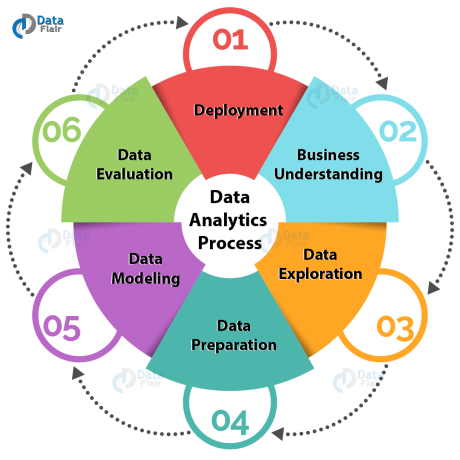
Other Job Roles
Now that we have discussed some of the traditional full-time career options, let’s take a look at some alternatives that you can also consider.
Data Science Internships
In case you are someone who wants to make a career in data science through on-the-job learning, data science internships are a great option. It is an entry-level role that often leads to a permanent, full-time job and provides you with the opportunity of working alongside well-experienced data analysts and data scientists.
Moreover, if you have no data science work experience, an internship gets relevant experience onto your resume quickly.
Freelancing as a Data Scientist
It’s worth mentioning that data science skills allow you to work as a freelancer. Companies with a new interest in data science are likely to hire a data science consultant and work through a few freelance projects initially.
Even companies with established data science teams may need extra help from time to time. As a freelance data scientist or data science consultant – you can make more money, take any format you want, decide what you want to do, and work on a variety of projects.
How should you Kick-Start a Career in Data Science?
1. Choose the Right Role
As you can see there a wide number of roles in the data science industry, you must have a clear understanding of what you want to do and stay focused on that path. A few ways to figure this out would involve talking to established people in the data science field and learning what each role entails.
Apart from that, taking mentorship from people and requesting them for guidance and asking relevant questions is also a good idea. No one would refuse to help a person in need! In the end, you must figure out what you want to do, what you are good at, and choose the role that suits you the best before you foray into a career in data science.
2. Take up a Course and Complete it
The next logical step for you would be to hone your skills as per the requirement of your role. Some people have secured jobs in data science by taking up a massive open online course or joining an accreditation program.
To enhance your prospects and opportunities, you need to go a step further. Pursuing additional courses in Data Science, Data Analytics, Python Programming, etc. can help you bolster and strengthen your knowledge.
3. Choose a Tool/Language & stick to it
To pursue a career in data science, you must pick a mainstream tool/language and master it proficiently. You can start with a simple language or one with which you are already familiar.
According to the Canadian online platform Towards Data Science, Python is the perfect choice for beginners. It is a minimalistic and intuitive language with a full-featured library line (also called frameworks) that significantly reduces the time required to get your first results.

4. Join a Peer Group
Once you know which role you want to opt for and start preparing for it, the next important step is to join a peer group. You can do this by physically interacting with a group of people or via the internet.
Another way is joining a massive online course and interacting with your batch mates there. You can also have meaningful technical discussions over the internet through online forums. You must join a peer group as it can help you stay motivated.
5. Focus on Practical Applications & not just Theory
While you are pursuing a course or in training, you should focus on practical applications of techniques/theories to clear real-life contexts.
To do this, you can work on a few open data sets and apply your learning. Even if you don’t understand the math behind a technique initially, understand the assumptions, what it does, and how to interpret results.
6. Follow the Right Resources
To enhance your learning, you must engulf yourself in every possible source of knowledge that you can lay your hands upon.
Blogs by influential data scientists is a good learning resource. Ensure that you read about data science regularly and make it a habit to stay updated with all the recent happenings.
7. Work on your Communication Skills
To enhance your learning, you must engulf yourself in every possible source of knowledge. Blogs by influential data scientists is a good learning resource. Ensure that you read about data science regularly and make it a habit to stay updated with all the recent happenings.
Conclusion
The demand for data science is huge and expected to grow exponentially. Taking the right steps given here can help you build a career in data science and ensure better prospects.
We hope that you find this blog useful and beneficial & helped you to find answers to specific queries related to pursuing a career in data science. We wish you success and good luck!
Enroll in the Data Science Course to create a strong foundation in Data Science & build a successful career as a Data Scientist.
